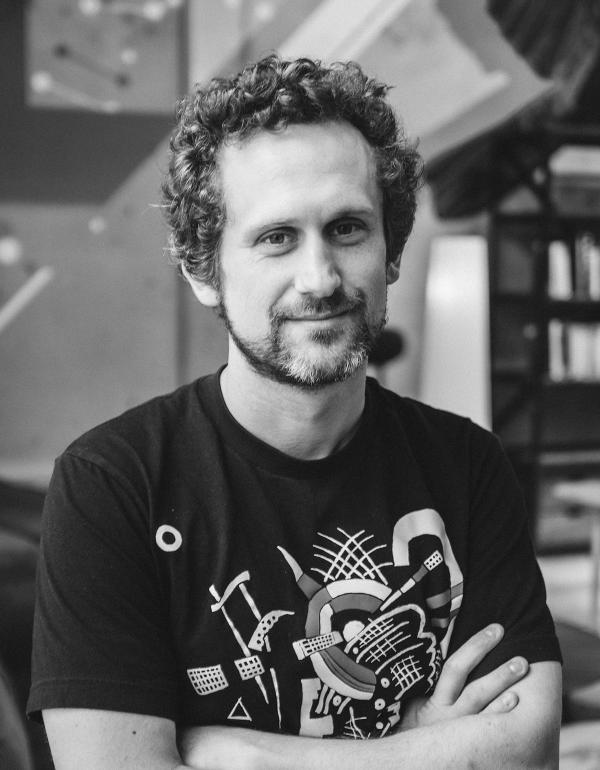
Andrew White is co-founder and head of science at FutureHouse, a San Francisco AIxBio non-profit research organization and associate professor of chemical engineering at University of Rochester. Andrew White is a researcher with peer-reviewed publications and books across the domains of large language models in chemistry, explainable artificial intelligence, statistical mechanics, and chemical engineering. He has won junior investigator awards from the National Science Foundation and National Institutes of Health along with professional and teaching awards for excellence as a chemical engineer. Andrew is an active member of the scientific community as a peer reviewer for over 30 journals, multiple national and private grant awarding institutions, and serves on the Chemical Sciences Roundtable at the National Academy of Science. Andrew is also a science communicator with large followings on X and LinkedIn and has been interviewed in multiple publications such as the New York Times, Bloomberg, Nature, Financial Times, and Science. Andrew serves on multiple scientific advisory boards across biotech. He has contributed to the ongoing debate around safety of artificial intelligence as an OpenAI red teamer, speaking at multiple policy summits, and visiting the White House to advise multiple agencies.
OpenTox Summer School 2025
Reasoning language models for chemistry
The intellectual bottlenecks of science are growing with exponential growth in research paper counts, complexity of papers, and a concurrent decline in scientific productivity. The next major breakthroughs will increasingly rely on automation of the stages of scientific discovery. We have made progress on this grand challenge using large language models augmented with access to tools, called scientific agents. We have used these agents for automating literature research, designing molecules, engineering enzymes, and bioinformatics analysis. A major component of this is evaluation against expert researchers in fair comparisons. We have succeeded in training these agents and exceeding human performance across multiple tasks. Finally, I will discuss preliminary work on scientific reasoning models - a new direction of artificial intelligence in the scientific domains.
